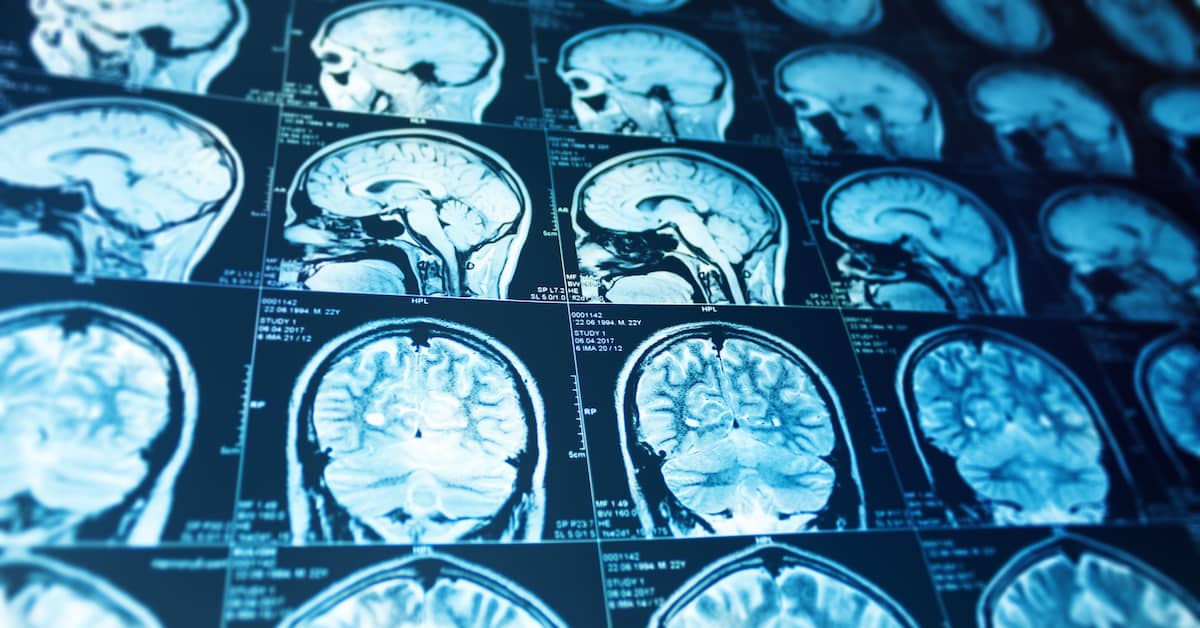Closed-Head Injury Signs and Symptoms After a Car Accident
A closed-head injury—including a concussion—can be among the most serious risks of being involved in a car accident. While drivers and passengers can fully recover from some of these injuries with prompt diagnosis and treatment, many can have lifelong consequences.
As a result, if you have been involved in a car accident, it is important to know the closed-head injury signs and symptoms. If you have experienced (or are currently experiencing) any of these signs or symptoms, you should seek treatment promptly, and you should explain your condition to your doctor with as much detail as possible.
Signs and Symptoms of a Mild Closed-Head Injury
Doctors generally classify closed head injuries as mild, moderate, or severe. While mild head injuries are the least dangerous (and a full recovery will be possible in most cases), a prompt diagnosis is still critical for making sure you take care of your injury appropriately. For example, while a concussion will be classified as a “mild” traumatic brain injury (TBI) in most cases, studies have shown that rest and a gradual return to physical activity and work are crucial for mitigating the risk of any lingering effects.
While a closed-head injury can take many forms, most mild injuries have similar initial signs and symptoms. For example, common signs of a concussion or other mild TBI include:
- Confusion
- Difficulty concentrating
- Dizziness
- Fatigue
- Feeling foggy, groggy, or hazy
- Headaches (especially headaches that feel like pressure within the head)
- Lightheadedness
- Momentary loss of consciousness
- Short-term ringing in the ears (tinnitus)
- Unusual sensitivity to light or sound
You do not have to experience all of these symptoms to have a mild concussion or other closed-head injury. Additionally, many drivers and passengers who suffer mild closed-head injuries will experience other injury-specific symptoms as well. As a result, if you are experiencing any of these symptoms (along with any other symptoms) following a car accident, it is important to recognize that you could have a TBI and to see a doctor as soon as possible.
Signs and Symptoms of a Moderate or Severe Closed-Head Injury
When the forces involved in a car accident cause significant brain trauma, this can result in a moderate or severe closed-head injury. These injuries require immediate treatment, and they should typically be treated as medical emergencies.
The signs and symptoms of moderate and severe head injuries can be divided into three types of impairments: (i) physical and sensory, (ii) cognitive, and (iii) behavioral.
1. Physical and Sensory Impairments
Physical and sensory impairments are those that have an impact on a car accident victim’s ability to move, touch, see, taste, smell, or hear. Since the brain controls our body’s movement and interprets sensory inputs, damage to the brain can cause significant impairments in these areas. Some examples of physical and sensory impairments that can result from closed-head injuries include:
- Hearing loss
- Loss of balance
- Muscle spasms
- Nausea and vomiting
- Paralysis
- Seizures
- Sexual dysfunction
- Vision loss
Swelling and bruising on the skull or around the face or eyes can be a sign of internal bleeding, which can potentially have serious consequences for the brain. Again, it isn’t necessary to experience all of these symptoms to have a closed head injury—if you are experiencing any symptoms of a possible head injury you should seek a diagnosis right away.
2. Cognitive Impairments
Cognitive impairments are those that negatively impact your ability to think, comprehend, remember, or problem-solve. Memory loss, loss of perception or judgment, difficulty communicating, and disorientation are all possible signs of a moderate or severe closed-head injury. If you are having trouble sleeping or staying awake after a car accident, this could be a sign of a potentially serious closed-head injury as well.
3. Behavioral Impairments
The third category of signs and symptoms is behavioral impairments. Personality changes, mood swings, anxiety and depression, feeling agitated or unmotivated, and being unable to cope with your situation are all signs that you should seek treatment promptly. It is important to understand that while these may all affect your behavior, they are not issues that you can simply “fix.” They are consequences of brain trauma, and they signal the need to seek help as soon as possible.
Contact Our Orlando Car Accident Lawyer for Free
If you suffered a closed head injury in a car accident in Florida, you may be entitled to significant financial compensation. The Orlando car accident lawyers at Colling Gilbert Wright have extensive experience in a wide range of motor vehicle accident cases. Our team of distinguished attorneys is committed to helping our clients recover the maximum compensation they need to move forward after a wreck.
To get help from an experienced attorney at Colling Gilbert Wright, call (800) 766-1000 or request a FREE consultation online now.

 (407) 712-7300
(407) 712-7300
































